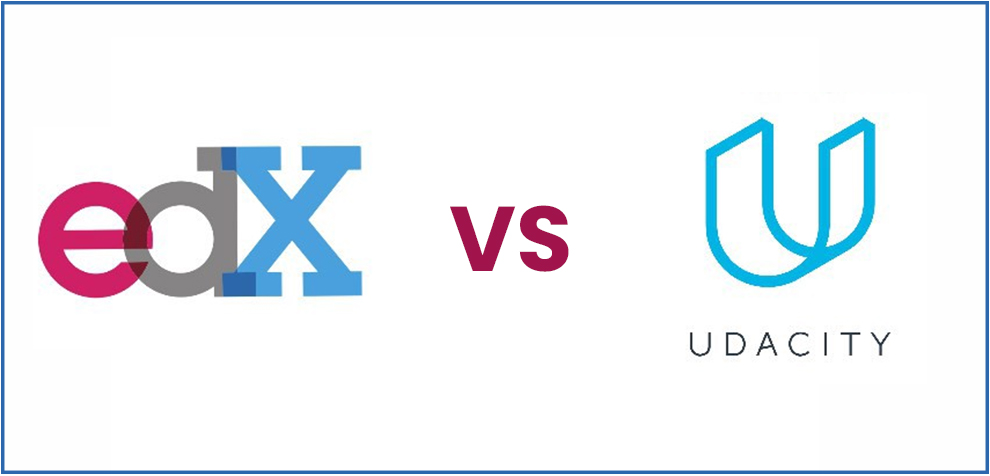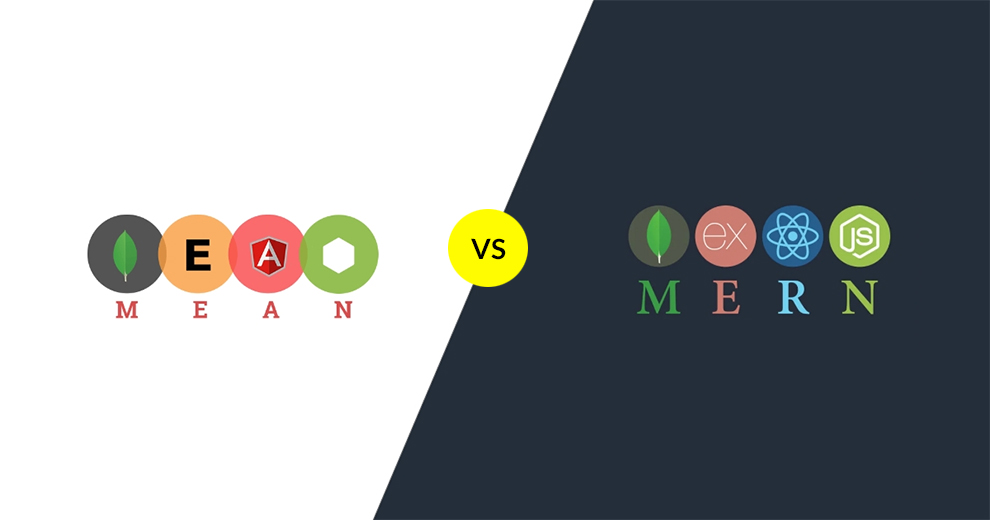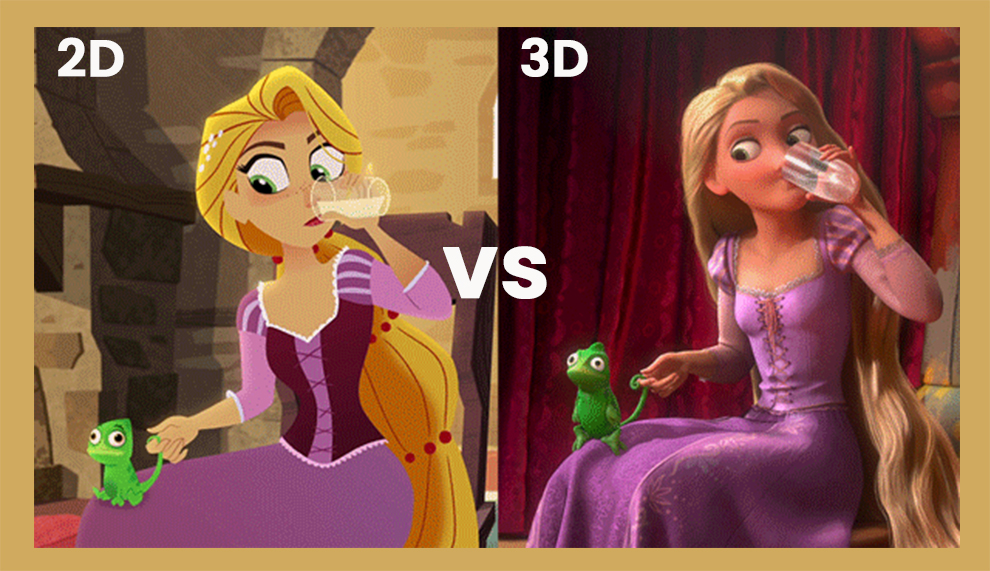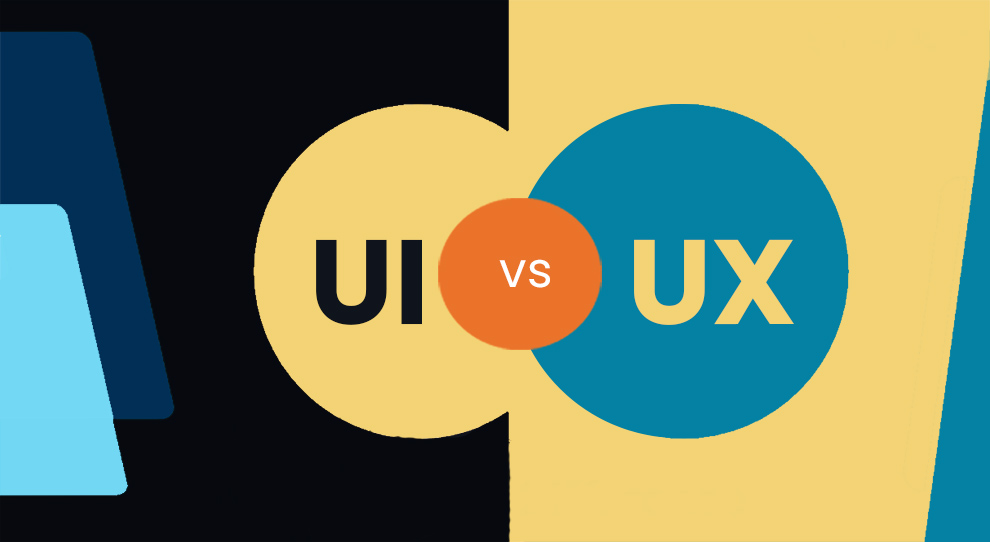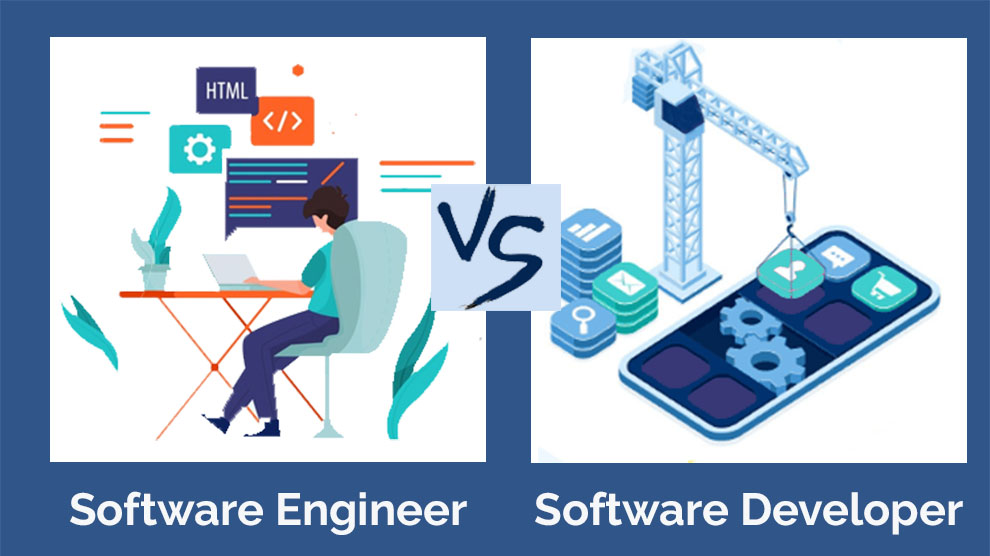edX and Udacity are well-recognized MOOCs, but the former is relatively more popular because of its diverse range of courses. Udacity primarily targets people who aspire to learn tech-related skills.
Over fifty million learners globally employ online platforms to educate themselves in subjects ranging from finance to business and computer science. Anyone who takes a digital course from an affiliate university will most definitely adore the flexibility and the top-quality learning style this offer.
Between edX vs Udacity, edX here has an edge over Udacity, firstly because it includes courses apart from just tech-based topics. Secondly, it provides you with university credits, financial aid, and excellent customer support, all at a relatively lesser fee.
But what are the other pros, cons, and experiences learners find when signing up for a session with edX and Udacity? This guide below will pit these two platforms against each other and help you decide which is better and why. Here, we will discuss the benefits of the two MOOCs and list some attributes you must remember when deciding.
Please know prestige and quality are the primary and crucial aspects for picking between two learning websites. So, stick around as we compare Udacity and edX.
edX or Udacity – Prominent Features To Choose Which One Is Better?
| Attribute | edX | Udacity |
| Pricing | Cheaper | Costlier |
| Certification Practice Test | Yes | No |
| Certification Final Exam | Yes | Yes |
| Free Trial | No | 1 month |
| Financial aid | Yes | No |
| Learning Material | Video and Written Text | Videos |
| Self-paced | Yes | Yes |
| College or University Credit | Yes | No |
| Nano degree | No | Yes |
| Courses | 2.6K | 500 |
| Languages | 5 | 25 |
| Customer support | Excellent | Good |
| Learning level | Beginner to Advanced | Beginner to Advanced |
| Certified Courses | Yes | Yes |
| Progress checker | Yes | No |
| Accredited certification | Yes | Only one |
| Cheapest Subscription | 50 USD | 0 USD |
| Free courses | 2000 | 200 |
| Offline Courses | Yes | No |
| Refund policy | 14 days | 2-7 days |
| Mobile App | Yes | No |
Let us start a detailed comparison to help you know between Udacity vs edX which is better suited for your budget and requirements.
edX – Is It Worth The Money?
edX is worth the investment because the platform has affiliation with leading universities providing a credible certificate of completion.
Launched by two of the world’s most prestigious universities – Harvard and MIT, edX is a not-for-profit organization. On this MOOC, you can find courses on different subjects and domains. They have a unique open-source platform called Open edX. It is available at no cost and powers the edX classes.
Via this forum, technologists and educators can learn to build tools and contribute to the platform by designing creative solutions that help the students.
edX offers around 2000 courses. Their classes are free to audit, but you will have to pay $150 for the final certification. Beyond this, they also have seventy-six programs comprising MicroMasters and University-credit programs.
In addition, edX also has an Xseries with a set of specialization courses. Typically, they allow peer-to-peer learning, video transcripts, in-person meetups, discussion forums, and videos in their classes.
To help you make an informed decision about edX vs Udacity, we will discuss the pros and cons of this MOOC.
| Pros | Cons |
|
|
To pick from edX or Udacity, we will below discuss Udacity in brief, followed by its pros and cons.
Udacity – Is It Better Than edX?
Udacity runs neck to neck with edX but we cannot call it better than edX.
Udacity is the brainchild of two professors from Stanford University who launched a free online course, ‘Introduction to Artificial Intelligence.’ This course saw over 1,60,000 enrollments from 190 countries across the world. It is a skill-based MOOC for young professionals.
You can find an array of industry-specific credentials and programs on the platform, but their specialties include Data Science and Web Development. Top industry and education experts drafted and compiled their courses, and each of the sessions comprises projects, videos, teacher mentoring, and plenty of exercises.
The nano degree programs & courses by Udacity are interesting. Each nano degree program comprises five to seven courses. These degree programs last six to twelve months and cost around $199 per month. You get several perks if you enroll in their programs, like a verified certificate, personal coach, instructor feedback, and code review.
Interestingly, some of their nano degree programs even come with a job guarantee and a tuition reimbursement. Udacity also offers an accredited 100% digital Computer Science Master’s Degree in collaboration with Georgia Tech.
| Pros | Cons |
|
|
edX vs Udacity Features Compared In Detail – Which One Should You Pick?
1. Courses
In this aspect, both edX and Udacity have their share of positives. The former has more course options, but the latter has better dedicated options for tech topics. Udacity’s filters are also more defined to help you find what you seek. But, edX has a multitude of free options, which may interest the learners. So, edX or Udacity, which one to pick? Overall, we are slightly inclined toward edX.
edX has many online courses with engaging classes in various subjects like computer science, engineering, business, finance, social science, history, law, data science, humanities, languages, physics, chemistry, statistics, and more. The lectures are easy to follow, and you can take them in different languages like Dutch, French, Russian, Japanese, English, Mandarin, Spanish, etc. But they are primarily hosted in English.
One of their standout features is the search filter. It lets you pick the desired class as needed. You can search by language, subject, university, and current knowledge.
Beyond this, edX also lets you review your instructor’s profile to find details on their experience and background. So you can see whether the instructor is worth your time and money before taking the class.
Many people believe it is easier to find your dream job with Udacity because most of their tutors are professionals and experts employed with prominent companies like Facebook, Google, and Microsoft. If you are good, who knows, these educators might put a word for you and help you land a job in these companies.
Most Udacity classes stress new technology and business. Sadly, they do not have as many courses as edX, but you can find sessions for everyone from a beginner to a professional. You can conveniently audit their classes on Udacity’s easy-to-navigate website.
Moreover, their classes provide you with hands-on experience that is likable. The website has a program catalog wherein you can browse the available courses. You can search for what you need using their two primary filters:
- Skill you wish to improve – SQL, Python, Statistics, CSS, JavaScript, Digital Marketing, etc.
- Program details comprising three sub-categories:
- Duration – <1 month, 1-3 months, > three months
- Skill level – Advanced, Intermediate, and Beginner
- Type – Nanodegrees and Free courses
2. Udacity vs edX – Pricing
edX is undoubtedly cheaper than Udacity. You can access the course material without certification for free. In fact, they also offer financial aid if you cannot afford their fees, which is absent in Udacity. However, Udacity has multiple payment options, and they let you pay in easy installments, which makes paying for the course easier.
However, edX has no free trial, but you get a 1-month trial for the Udacity course. Regardless, if it is about what goes out of your pocket, edX is a winner.
Since almost all the classes on edX are free to audit. However, they will not bag you a certificate. So, if you wish to bag a certification, in the end, you will have to enroll in their professional programs and pay the fees. Most verified classes cost $50 but can go upwards to $300. Fortunately, it is the only fee it charges – opting for the verified tracks and upgrading your classes to paid ones.
Nonetheless, they have a financial assistance program which can be a perk for disadvantaged students who need financial help. So they can get these sessions at a relatively affordable price. They also have a 14-day refund policy.
Udacity has nano degree programs and multiple payment options. You can pay via credit card, debit card, or PayPal. You can also finance your study via Affirm, a payment plan that Udacity collaborates with.
Alternatively, you can also get an installment option on PayPal. Many courses come with free trials. So, you can test the water before paying for the class. The Udacity nano degree fee varies depending on your chosen program and ranges between $200-2000 and upwards.
Typically, their courses have fixed and term-based prices, but a few come with monthly subscriptions. Their refund policy is usually for 2-7 days.
3. Udacity vs edX – Other Factors to Consider
A. Certification
edX accreditation is considered way superior.
Both edX and Udacity have certification courses, but Udacity does not require you to clear the practice tests to acquire a certification. You will receive a certificate if you complete the class and take the final exam. On the contrary, to bag edX certification, you must finish the course, clear an exam, and take all the practice tests. Thus, they are more authentic.
B. Learning material
Udacity is a clear winner because they have more hands-on practice material, but edX offers a better blend of written and visual texts.
In the edX classes, you will find short videos, written material, articles, and blogs, whereas Udacity primarily contains only videos and discussion forums. But, Udacity has more case studies and real-world examples to give you hands-on practice, which might not be dominant in edX.
C. Offline Learning
edX is the winner here.
Of the two, only edX lets you download the videos and access them on the go as you like.
D. Degree courses and nano degrees
edX has better affiliations and mimics in-classroom university degree courses.
edX delivers degree courses with top and reputed institutes globally that offer the same content as in the classroom. On the contrary, Udacity provides you with nano degree programs, which cannot replace the degree courses but can be a good option for students who wish to learn faster. However, this means that edX courses bag you university credit, which is not the case with Udacity.
Related: Codecademy Vs DataCamp| Skillshare Vs LinkedIn Learning| Udemy vs Coursera| Udemy vs Pluralsight| Alison Vs Coursera| CreativeLive vs Skillshare| DataCamp vs Dataquest| DataCamp vs Coursera
edX or Udacity – Common Doubts Cleared!
Ques 1. Are edX certificates worth it?
Ans. edX certificates are worth it as they are proof of your expertise and knowledge in the said field. But please know one certification cannot replace a university degree. Despite that, a certificate can help amplify your chances of landing a dream job and embellishing your resume.
Ques 2. Do employers recognize edX and are its certificates valid for a job?
Ans. Yes, employers recognize edX certification. These accreditations can help you land your desired job. However, you must take these courses as supplementary knowledge to your university courses.
Ques 3. Do employers respect Udacity?
Ans. Udacity certifications are well-respected by prospective employers because Udacity is known for its rich team of professionals.
Final Word – Which Is Better, Udacity or edX?
This comparative head-to-head analysis can help you pick from the two platforms. Overall, they are both excellent choices. But, if you need a pocket-friendly option, edX can be a preferred choice. On the other hand, Udacity’s nano degrees can be a good option if you seek a more career-oriented credential.

